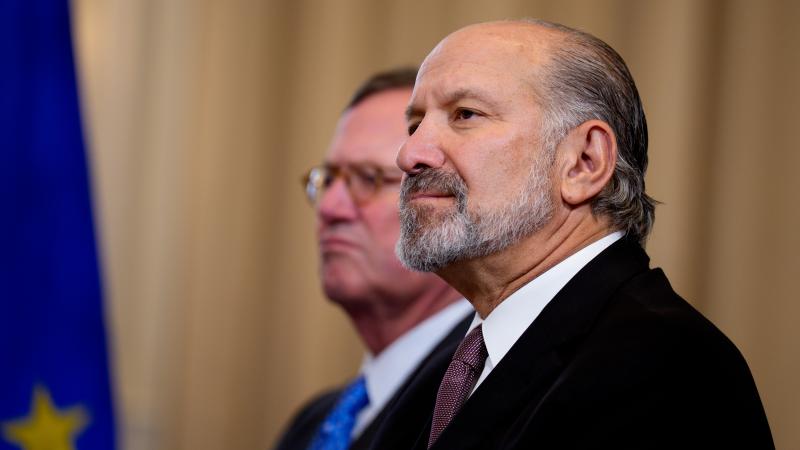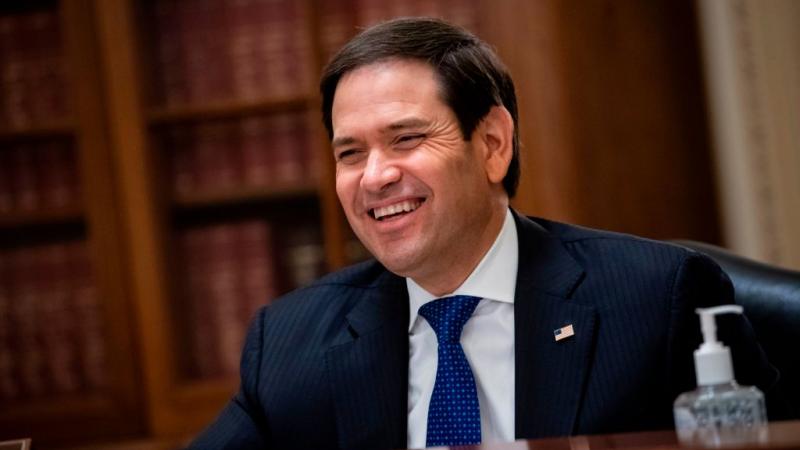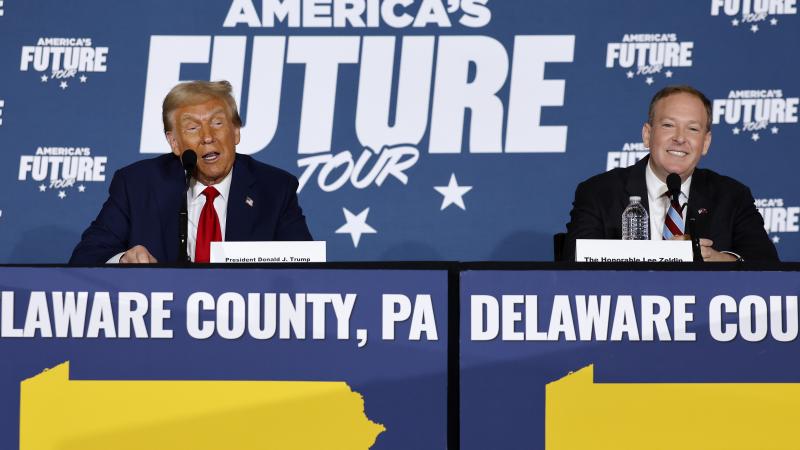State financial officers seek answers from BlackRock, ISS on ESG-based proxy voting
"We are concerned that taxpayers’ best long-term economic interests might have become subordinated to environmental, social, and political interests often divorced from shareholder value—and often pushed through shareholder proposals," the group wrote.
A group of state financial officers is seeking answers from major asset managers and advisory firms on the use of proxy voting systems to advance environmental, social, and corporate governance (ESG) practices.
The practice of ESG investing involves an asset manager making targeted investments with a mind toward a firm's investment in such initiatives rather than solely considering the prospect for financial returns. ESG investigating has fallen under scrutiny from conservatives who fear the practice may constitute a violation of a firm's fiduciary duty to its investors.
BlackRock, a major asset manager and leading proponent of ESG investing, has attracted particular scorn from regulators and lawmakers. In a Monday letter to CEO Larry Fink, the state officers, among them treasurers, auditors, and financial officers, pointed to recent headlines that they say have given them "cause to question whether management decisions being provided properly pursue our taxpayers’ best long-term economic interests."
"Specifically, we are concerned that taxpayers’ best long-term economic interests might have become subordinated to environmental, social, and political interests often divorced from shareholder value—and often pushed through shareholder proposals," the group wrote.
They specifically pointed to shareholder proposals at myriad firms advocating that oil companies adhere to international climate change targets, that social media companies regulate "hate speech," that retailers take stances on state abortion policies, and that insurance companies consider race while underwriting policies.
"At best, those kinds of ESG proposals require expensive audits, time-consuming reports, and cumbersome policies with no apparent link to a targeted company’s business," they continued. "At worst, they require the targeted companies to spend significant management time and corporate resources pursuing goals untethered to shareholder value, or to relinquish parts of their business—including products or services that investors deemed worthy investments of their hard-earned capital in the first place."
The bloc of financial officers reminded BlackRock of its obligations to investors and impressed upon Fink the weight that his firm has in the industry, saying "[y]our core fiduciary obligations as asset managers require you to act in the economic interest of those who have entrusted you with their investments."
"That means your votes on shareholder proposals must advance your investors’ interests—not your own, or the interests of third parties," they wrote. "And make no mistake: Your votes wield significant influence on behalf of your clients."
"Given the significant impact that your firm’s votes have on corporate practices, your voting decisions simply must promote the best economic interests of the ultimate asset owners in order for you to discharge your fiduciary responsibilities," they added.
Attached with the letter to Fink was a comprehensive questionnaire on BlackRock's practices for evaluating shareholder proposals and its use of proxy-advisory firms.
The group also wrote to Institutional Shareholder Services CEO Gary Retelny. ISS is a proxy-advisory firm is that provides voting advice to clients with the ability to vote on shareholder proposals. The group included a questionnaire in the letter to ISS as well.
"Proxy-advisory firms influence significantly affects the voting outcomes of millions of votes at public companies. That, in turn, meaningfully affects the financial well-being of millions of retail investors over time—including the taxpayers who have elected us to safeguard their public funds," they wrote to Retelny.
"Given the significant influence your firm exercises over those proxy votes, and those votes’ immediate impact on corporate practices, we are concerned that your firm does not publicly disclose data on its actual vote recommendations with respect to specific shareholder proposals," the group continued. "We are also concerned that you might base some of your influential recommendations, in whole or in part, on factors other than enhancing or protecting shareholder value."
Ben Whedon is an editor and reporter for Just the News. Follow him on Twitter.
















